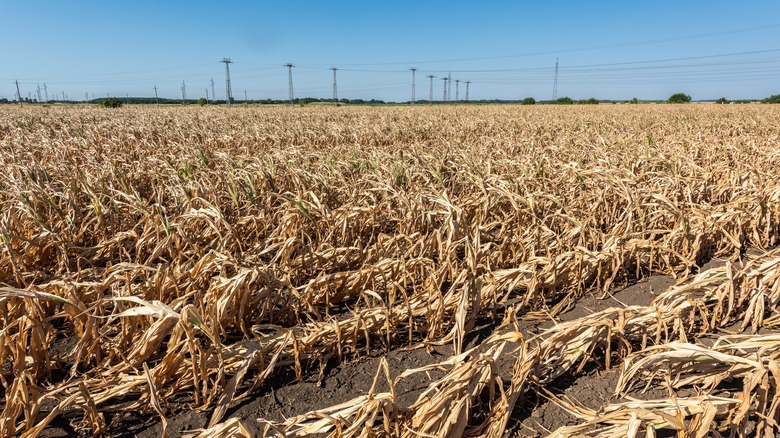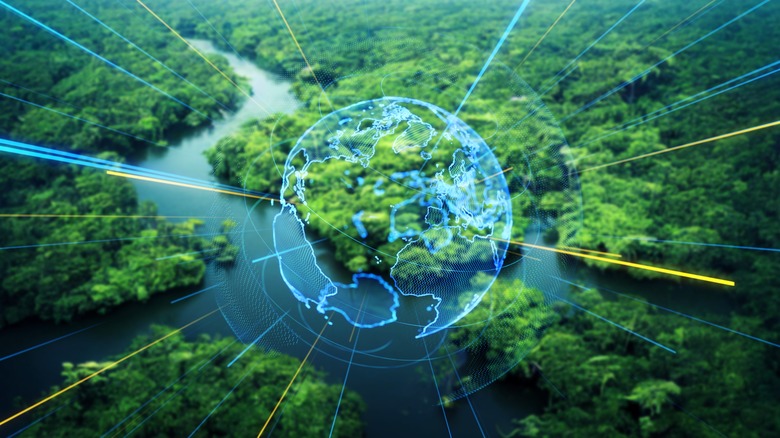Worsening Climate Conditions Could Lead To Food Price Increases
A new study has come out of the Potsdam Institute for Climate Impact Research in Germany focusing on the impact of global warming on food inflation. The 2024 study, which was published in Communications Earth & Environment, aims to predict the impact of climate change on the price of food in the future. By studying the effects of higher temperatures on food prices in 121 different countries, the researchers strove to offer an estimate of the impact that projected temperature increases would have on food inflation in 2035.
While they didn't go so far as to predict the actual inflation rate, they did assert that the baseline inflation rate hitting food markets in 2035 could be increased by as much as 30% to 50% due to climate conditions. The researchers pointed out that, based on their analysis, countries closer to the equator would be impacted the most by inflationary food prices since they will be the most affected by rising temperatures — but noted that all countries would be affected in some way.
According to their research, while dry heat would play a part in rising food prices, the main culprit would be extreme weather events like excessive rain since these effects on the food supply are more substantial and long-lasting. This matches up with previous research showing the uneven way climate change may affect wheat prices depending on how close to the equator a farm might be. There are still a lot of unknowns when it comes to climate change and the researchers considered the impact on food prices to be an understudied section of the field.
The difficulties of climate research
One thing we know for certain is that people are worried about the impact climate change will have on food prices. The degree of severity we can expect is less certain, though this study aims to clear the fog. While we are far from climate scientists ourselves, there were some features of the study that gave us pause. For starters, a significant portion of the research was focused on the extreme summer heat in 2022 that washed over Europe and how that affected food prices.
The researchers also noted that it was difficult to differentiate the effect of higher temperatures on price from other factors at play in the region, particularly the COVID-19 pandemic and the escalation of the Russo-Ukrainian War in February 2022 when Russia invaded the country. As you may recall, the United States coordinated a near-global series of sanctions on Russian oil which caused the price of gas to go up and this had a direct impact on global food prices. Why the researchers chose to focus on a time period when several other significant variables were impacting their topic of research is unclear.
They do specifically mention the war and COVID-19, but it wasn't entirely obvious how they differentiated the effect temperature had on price from these factors. Still, as more research is done, we are beginning to understand more about how climate change is impacting various food crops. Studies like this that aim to demonstrate the real-world implications of a changing climate are much needed — but this paper also exemplifies the many difficulties scientists face in acquiring such data.

